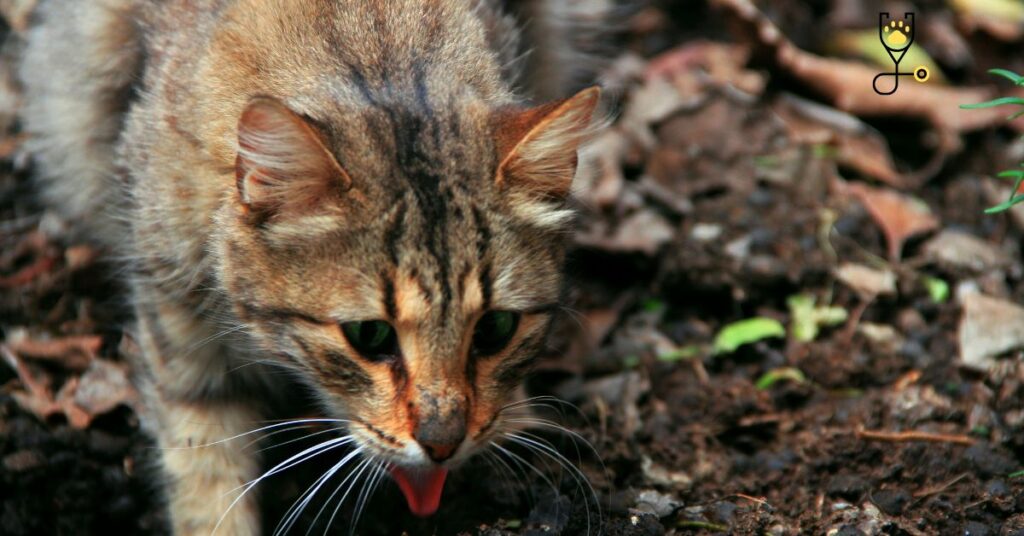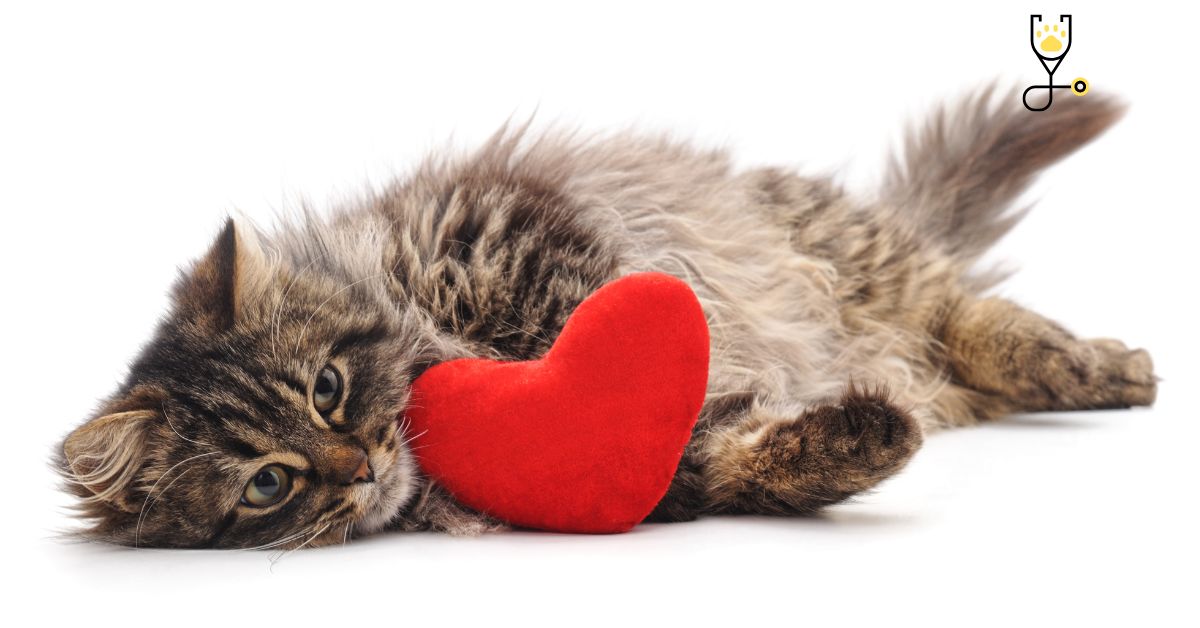Cats are typically thought of as one of the healthiest pets a person can have. They don’t need to be walked, they clean themselves, and generally speaking, they live a lot longer than dogs. However, one health issue that cats are prone to be heart disease. Heart disease in cats is dangerous and can cause symptoms such as coughing, lethargy, and even sudden death. In this blog post, we will explore the causes, symptoms, treatment and prevention of heart disease in cats so that you can keep your kitty healthy and happy for years to come!
Causes of Heart Disease in Cats
There are many different causes of heart disease in cats, but the most common cause is a condition called cardiomyopathy. Cardiomyopathy is a disease of the heart muscle that makes it difficult for the heart to pump blood effectively. This can lead to congestion in the lungs, fluid build-up in the abdomen, and even heart failure. Other causes of heart disease in cats include congenital heart defects, valve disease, heartworm disease, and high blood pressure.
Symptoms of Heart Disease in Cats
The symptoms of heart disease in cats can vary depending on the underlying cause, but there are some common signs:

1. Coughing: Coughing is a common symptom of heart disease in cats, especially if the underlying cause is cardiomyopathy.
2. Shortness of breath: If your cat is having difficulty breathing, it may be due to heart disease.
3. Exercise intolerance: If your cat is suddenly less interested in playing or exercising, it may be due to heart disease.
4. Loss of appetite: Heart disease can cause your cat to lose its appetite.
5. Weight loss: Heart disease can lead to weight loss in cats.
6. Lethargy: Cats with heart disease may be tired and lacking in energy.
7. Sudden death: In some cases, heart disease can lead to sudden death in cats.
If you notice any of these symptoms in your cat, it is important to take them to the vet right away for
Treatment of Heart Disease in Cats
The treatment of heart disease in cats will vary depending on the underlying cause. If the cause is cardiomyopathy, treatment may include medication to help the heart muscle pump blood more effectively and to reduce congestion in the lungs. If the cause is heartworm disease, treatment will involve giving your cat medication to kill the worms and prevent further damage to the heart. If the cause is high blood pressure, treatment will involve giving your cat medication to lower their blood pressure.
Preventions of Heart Disease in Cats
There are some things you can do to help prevent heart disease in your cat. If your cat is at risk for cardiomyopathy, you can feed them a diet that is low in fat and high in protein. You should also avoid giving them any over-the-counter medications without first talking to your vet. If your cat is at risk for heartworm disease, you can give them monthly preventative medication. And if your cat is at risk for high blood pressure, you can feed them a diet that is low in sodium.
If you think your cat may be at risk for any of these conditions, talk to your vet about what you can do to help prevent heart disease.
The prognosis for Cats with Heart Disease
The prognosis for cats with heart disease will vary depending on the underlying cause. If the cause is cardiomyopathy, the prognosis is generally poor. If the cause is heartworm disease, the prognosis is good if the disease is caught early and treated aggressively. And if the cause is high blood pressure, the prognosis is good if the condition is controlled with medication.
If you think your cat may have heart disease, it is important to take them to the vet right away for diagnosis and treatment. The sooner the condition is diagnosed and treated, the better the chances are for a good outcome.
Conclusion
Heart disease is a serious condition that can be deadly for cats. If you think your cat may have heart disease, it is important to take them to the vet right away for diagnosis and treatment. There are some things you can do to help prevent heart disease in your cat, such as feeding them a healthy diet and giving them monthly preventative medication if they are at risk for heartworm disease. With early diagnosis and treatment, the prognosis for cats with heart disease is generally good.
FAQ’s
The symptoms of heart disease in cats can vary depending on the underlying cause, but there are some common signs, including coughing, shortness of breath, exercise intolerance, loss of appetite, weight loss, lethargy, and sudden death.
The treatment of heart disease in cats will vary depending on the underlying cause. If the cause is cardiomyopathy, treatment may include medication to help the heart muscle pump blood more effectively and to reduce congestion in the lungs. If the cause is heartworm disease, treatment will involve giving your cat medication to kill the worms and prevent further damage to the heart. If the cause is high blood pressure, treatment will involve giving your cat medication to lower their blood pressure.
The prognosis for cats with heart disease will vary depending on the underlying cause. If the cause is cardiomyopathy, the prognosis is generally poor. If the cause is heartworm disease, the prognosis is good if the disease is caught early and treated aggressively. And if the cause is high blood pressure, the prognosis is good if the condition is controlled with medication.
There are some things you can do to help prevent heart disease in your cat. If your cat is at risk for cardiomyopathy, you can feed them a diet that is low in fat and high in protein. You should also avoid giving them any over-the-counter medications without first talking to your vet. If your cat is at risk for heartworm disease, you can give them monthly preventative medication. And if your cat is at risk for high blood pressure, you can feed them a diet that is low in sodium.
If you think your cat may have heart disease, it is important to take them to the vet right away for diagnosis and treatment. The sooner the condition is diagnosed and treated, the better the chances are for a good outcome.







